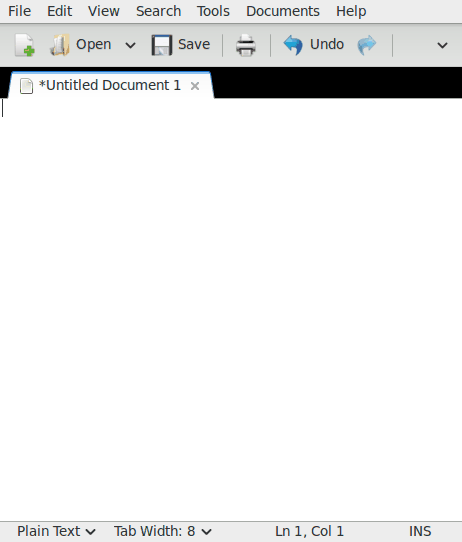forked from mfulz_github/qmk_firmware
* Remove all Makefiles from the keyboards directory. * update keymaps added in the last 8 days * Ignore keyboard/keymap makefiles * update hand_wire to reflect our new Makefile-less reality * Update the make guide to reflect the new reality * move planck keymap options to rules.mk * update planck keymaps 4real * trigger travis * add back build_keyboard.mk * restore changes to build_keyboard |
||
|---|---|---|
| .. | ||
| Makefile | ||
| keymap.c | ||
| readme.md | ||
| rules.mk | ||
| tetris_text.c | ||
| tetris_text.h | ||
readme.md
Default layout but with a tetris game
Tetris works by outputting key-presses to make ascii-art in a regular text editor. It reads key presses to rotate and move the bricks like a regular tetris game.
Example
Usage
- Open a default text editor
- Press the tetris button (Fn + t)
- Play tetris
It makes ascii-art by sending keycodes: left, right, up, down, qwerty characters, and numbers.
Problems
Drawing ascii-art is too slow to make a pleasant playing experience. While drawing ascii-art, the keyboard does not record key-presses, so its pretty unresponsive.
Adds 5000 bytes to the hex file.
Implement in other keyboards
- Copy-paste the files tetris_text.c and tetrix_text.h to your keymap folder.
- Add/update your-keyboard/your-keymap/Makefile to include
SRC = tetris_text.c - Copy-paste the tetris-related code from this keymap.c to yours.
- Set a key to trigger F(1) to start tetris mode.
- Its also a good idea to set a key to stop tetris, here its escape.
You can find a simple tetris keyboard definition at https://github.com/danamlund/meckb_tetris/
